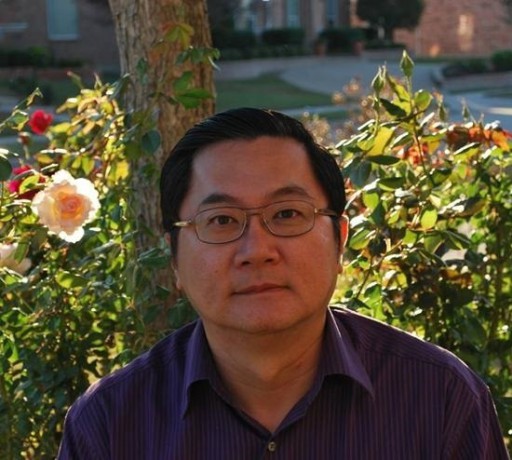
Dr. Wong received his M.S. and Ph.D. in Computer Science from Purdue University, West Lafayette, Indiana, USA. He is a Full Professor, the Director of International Outreach, and the Founding Director of Advanced Research Center for Software Testing and Quality Assurance in Computer Science at the University of Texas at Dallas (UTD). He also has an appointment as a guest researcher at NIST (National Institute of Standards and Technology), an agency of the U.S. Department of Commerce. Prior to joining UTD, he was with Telcordia Technologies (formerly Bellcore) as a senior research scientist and the project manager in charge of Dependable Telecom Software Development.
Dr. Wong is the recipient of the 2014 IEEE Reliability Society Engineer of the Year. His research focuses on helping practitioners improve software quality while reducing production cost. In particular, he is working on software testing, debugging, risk analysis/metrics, safety, and reliability. He has extensive experience developing real-life industry applications from his research results. He has published more than 200 papers and co-edited two books.
Dr. Wong is currently serving as the Secretary of the IEEE Reliability Society and the Editor-in-Chief of IEEE Transactions on Reliablity (TRel aka TR). He is also the Founding Steering Committee Chair of the IEEE International Conference on Software Security and Reliability (SERE). In 2015, the SERE conference and the QSIC conference (International Conference on Quality Software) merged into one large conference, QRS, with Q representing Quality, R for Reliability, and S for Security. Dr. Wong continues to be the Steering Committee Chair of this new conference. He has served as special issue guest editor for IEEE TRel, JSS, SPE, IST, SQJ, IJSEKE, etc. He is on the editorial board of IEEE Transactions on Reliability, the Journal of Systems and Software, etc.
Home page: http://www.utdallas.edu/~ewong
Eric Wong Principal Investigator
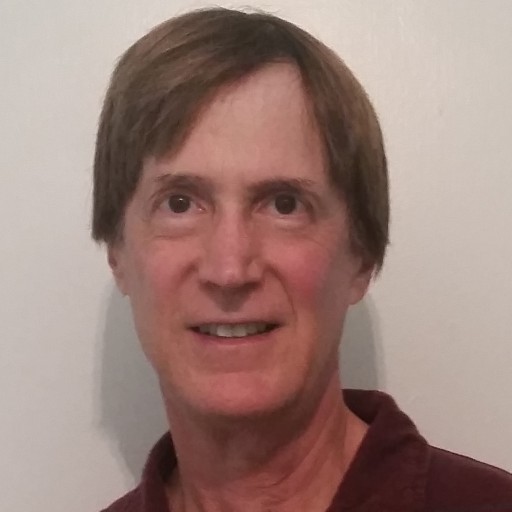
Dr. Rick Kuhn is a computer scientist and affiliate faculty member at Virginia Tech, as well as a guest researcher at the National Institute of Standards and Technology (NIST). He is a Fellow of the Institute of Electrical and Electronics Engineers (IEEE) and the Washington Academy of Sciences. Dr. Kuhn co-developed the role-based access control (RBAC) model, which remains the dominant access control paradigm in use today. His current research focuses on combinatorial methods for assured autonomy (csrc.nist.gov/acts). He has authored three books and published more than 200 conference and journal papers in the areas of cybersecurity, software failure, and software verification and testing.
Before joining Virginia Tech, Dr. Kuhn served as Program Manager for the Committee on Applications and Technology of the President’s Information Infrastructure Task Force and as Manager of the Software Quality Group at NIST. He also worked as a software developer at NCR Corporation and the Johns Hopkins University Applied Physics Laboratory. He earned an M.S. in Computer Science from the University of Maryland, College Park, and an MBA from William & Mary.
Rick Kuhn Member of IAB
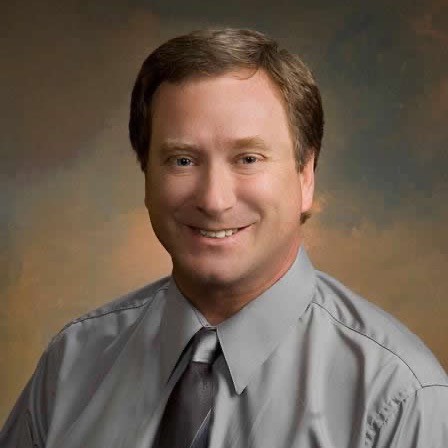
Until January 2020, Dr. Mike Siok was a Software Systems Engineer with Lockheed Martin Aeronautics Company (LM Aero) in Fort Worth, Texas for more than 30 years. He was responsible for researching computer performance and software assurance, planning avionics systems development, and conducting software process and product analyses for aircraft avionics programs. Dr. Siok led the in-house effort to put into place the standard engineering practice for software safety and reliability. He also consulted with various aircraft program engineering staff at the LM Aero Fort Worth plant and with Lockheed Martin corporation engineering staff on matters of software safety and reliability. In addition, Dr. Siok delivered software safety and reliability courseware for practicing software engineers. Currently, he is an Adjunct Faculty in Computer Science and Engineering Department at the University of Texas at Arlington.
Dr. Siok received his D.Eng. and M.S. in Engineering Management from Southern Methodist University (SMU), and a Bachelor's of Engineering Technology, Electronics, (with a double major in Music) from Southwest State University in Marshall, Minnesota. He is a senior member of the IEEE, a registered Texas Professional Engineer, and an INCOSE Expert Systems Engineering Professional (ESEP).
Mike Siok Member of IAB
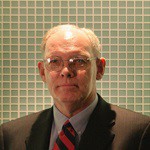
Dr. Thomas Hill, who became an EDS, an HP company, Fellow in 1991, was Director of EDS' Fellows and Distinguished Engineering Programs. The Fellows organization is responsible for corporate technical thought leadership and for creating innovative revenue-producing service offerings and tools for EDS' strategic targets, clients and EDS itself. Currently, Dr. Hill is a co-Founder of the Fellows Consulting Group in Dallas, Texas, which provides quality, productivity, and innovation services for industry clients to deliver their products at cost-effective ways.
In addition to fulfilling his professional obligations, Dr. Hill is a member of the ACM and the International Council on Systems Engineering (INCOSE). He currently serves on the engineering boards of Texas Christian University and the University of Texas at Dallas, as well as volunteers as a mentor for the University of Dallas' MBA program. He has a BS and MBA in Information Technology, Microsoft certifications, and an open group architecture certification. Dr. Hill has written numerous articles and publications. He holds four active patents and has five patents pending.
Tom Hill Member of IAB
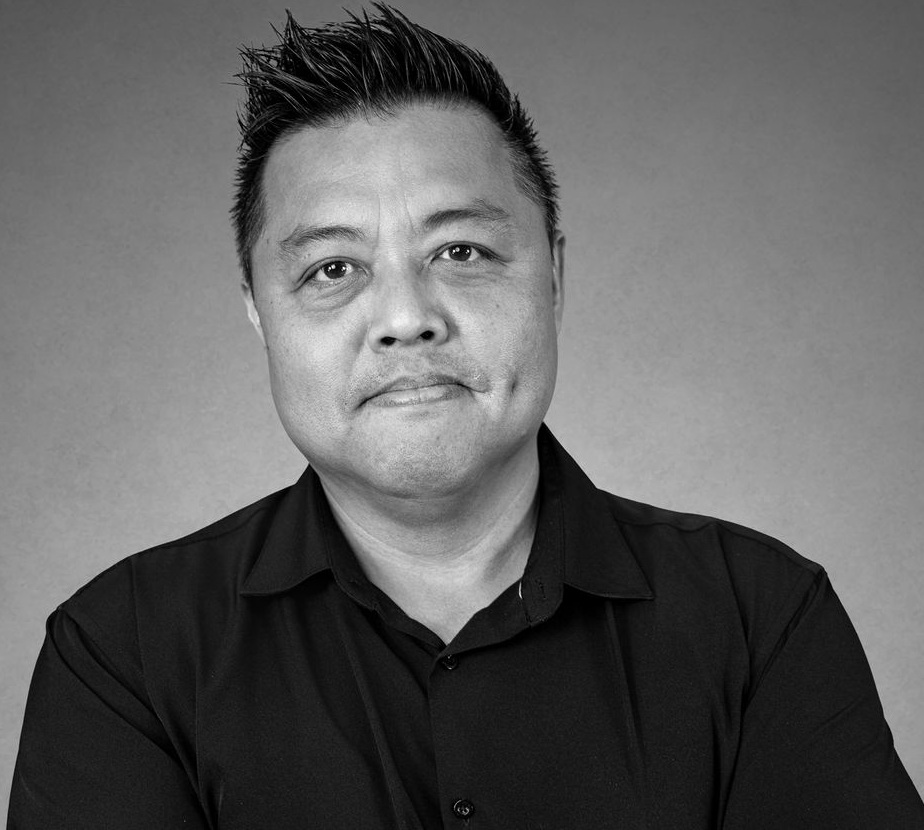
Ponchai Reainthong serves as Director of User Experience at ARGO Data, bringing over 25 years of expertise in product design, research, and development across Fortune 500 companies and diverse industries. As a design executive and strategic leader, he specializes in advising, building, and scaling high-performing multidisciplinary teams that create innovative solutions in the financial services and healthcare sectors.
A graduate of the Art Institute with a bachelor's degree in computer science, he spent his time throughout his career as a perpetual learner, evolving, mentoring, and growing. He demonstrates excellence by driving custom solutions, design system development, human-computer interaction, and strategic problem-solving across various sectors including government, telecommunications, healthcare, fintech, and B2B/B2C markets. Prior to joining ARGO Data, he was the Associate Director of UX/UI for nearly 15 years with IHS Markit, which eventually merged with S&P Global, a historic $140 billion merger finalized in 2022.
Ponchai combines technical expertise with design thinking principles to drive measurable strategic and tactical approaches that bridge gaps, solve complex problems, and uncover opportunities aligned with broader organizational goals. As an advisor, he focuses on mentoring undergraduate students to develop the essential skills needed for success in today's technology landscape, particularly in areas where user experience, technical expertise, and business strategy intersections.
Ponchai Reainthong Member of IAB
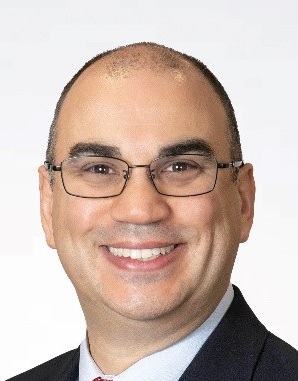
Marc Perna is a Senior Technical Fellow at Raytheon. He currently serves as the Chief Architect for a multi-billion-dollar business area responsible for designing, developing, delivering and operating software-centric products, solutions and services. In this role, he is responsible for driving architecture strategy, maintaining and communicating approved technology standards, overseeing architecture governance, developing software technology roadmaps, and looking for technology insertion opportunities to support the business.
In his over 25 years in the aerospace and defense industry, Mr. Perna has led the development and deployment of multiple large-scale software systems. He serves as the principal investigator for several internal research and development projects related to software development and artificial intelligence.
Mr. Perna earned a Master’s Degree in Industrial Engineering from the University of Arkansas. He holds multiple Carnegie Mellon Software Engineering Institute (SEI) certifications and is an Open Group Master Certified Solutions Architect. He serves on the RTX Corporate Architecture board and on the Industry Advisory Working Group for a US Government organization.
Marc Perna Member of IAB
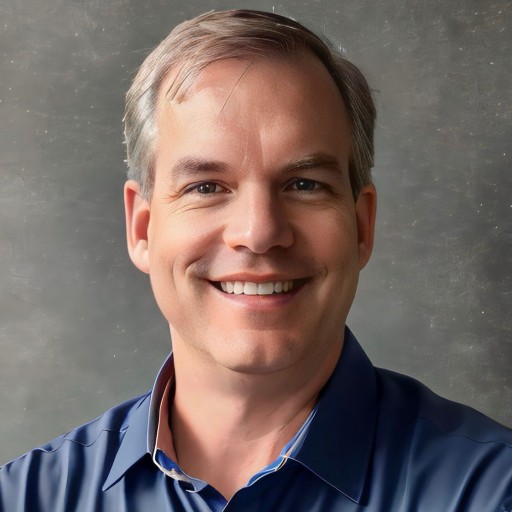
Mark Bentsen leads AI adoption and quality assurance, drawing on 20 years of experience in industry and academia. At Secure IVAI, which he co-founded, he guides companies in responsible AI implementation, building on his success integrating generative AI and leading large engineering teams at FedEx and with a finance and healthcare solutions company.
He shapes academic AI research through university partnerships while advancing AI literacy through conference presentations and corporate training. He holds the CTAL (Full) certification from the International Software Testing Qualifications Board (ISTQB) and is a certified Project Management Professional (PMP).
Mark Bentsen Member of IAB
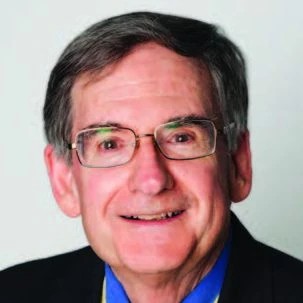
During his 40-year professional career, Dr. Dennis Frailey has been employed simultaneously in both academia and industry. During the 1970's, he was one of the Computer Science faculty members at Southern Methodist University (SMU), where he organized and taught most of the courses in the CS curriculum. Later on, he worked at Texas Instruments and then the Raytheon Company, where he was elevated to the position of Principal Fellow and became Raytheon's software safety "expert" for the Texas region. Dr. Frailey continues his role as an Adjunct Professor of Computer Science and Engeineering at the University of Texas at Arlington, where he teaches courses in quality engineering and software measurement.
Dr. Frailey served as a council member, regional representative, and vice president of the Association for Computing Machinery (ACM) in the 1980's, president of the Dallas Fort Worth Association for Software Engineering Excellence in the 1990's, and member of the IEEE Computer Society Board of Governors as well as a member of the Society's Educational Activities Board and Professional Activities Board. He is an ACM Fellow, ACM distinguished lecturer (for over 20 years), and recipient of the ACM SIGCSE lifetime achievement award in Computer Science Education in 2008.
Dennis Frailey Member of IAB
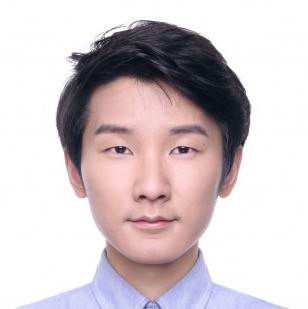
Dr. Fuxun Yu is a senior researcher at Microsoft AI. He received his Ph.D. degree from George Mason University in 2022. His research mainly focuses on developing interpretable and robust AI/deep learning algorithms, e.g., understanding and interpreting the deep learning model’s prediction process, and enhancing their robustness against adversarial attacks. He also works on AI model computing optimizations to their runtime speed and efficiency during the deployment onto physical hardware.
Dr. Yu’s work has been published in top computer science venues including KDD, IJCAI, MLSys, ICDCS, DAC, DATE, TCAD, etc. Among them, three papers received Outstanding Paper Award and Best Paper Award Nomination. The techniques developed based on his paper have been commercialized and received the NSF small business funding support.
Fuxun Yu Member of IAB
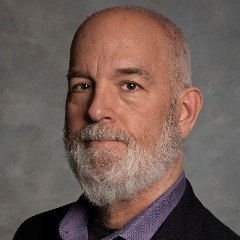
Mr. Lou Gullo has over 35 years of experience in system, hardware, and software reliability, maintainability, testability, prognostics, safety, security, and fault management for the military, space, telecom, and commercial electronics industries. He was awarded a US Patent in January 2004 for Reliability Assessment Program. He is also an editor/author of three books.
Mr. Lou Gullo is the Vice President of Technical Activities and the Chair of the Standards Committee of IEEE Reliability Society.
Lou Gullo Member of IAB
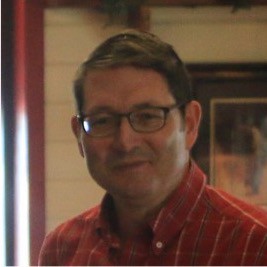
Mr. Lon Chase was a Senior Principle Systems Engineer in the Space and Airborne Systems division at the Raytheon Company. Although he retired in 2020 after more than 30 years of working experience in industry, he is still actively engaged in many professional activities.
Currently, Mr. Chase is the Vice Chair of the Reliability Society (RS) Dallas Chapter. The society consists of a volunteer group of professionals engaged in assuring reliability in the engineering disciplines of software, hardware, and human factors. The objective is to assure that a system will perform its intended function for the required duration within a given environment, including the ability to test and support it throughout its total life cycle.